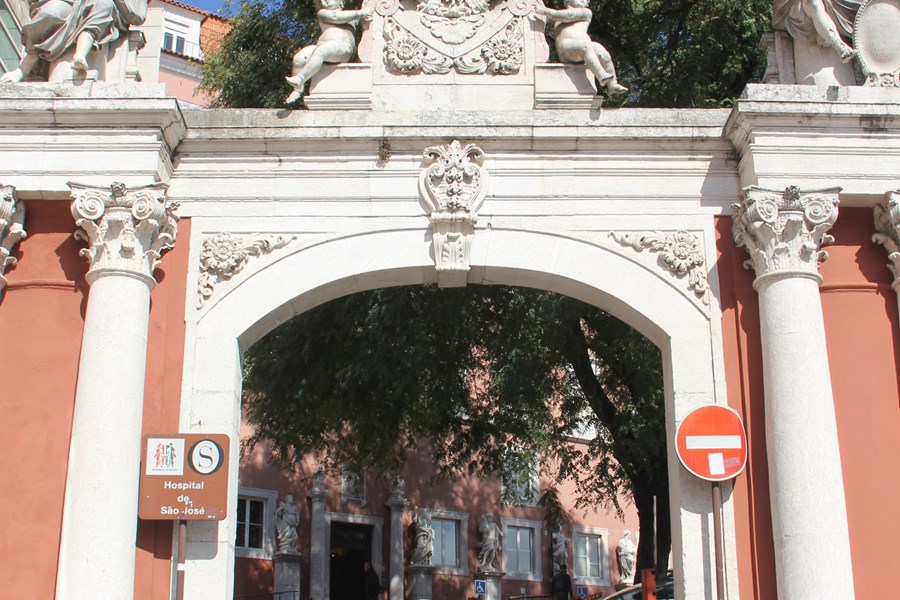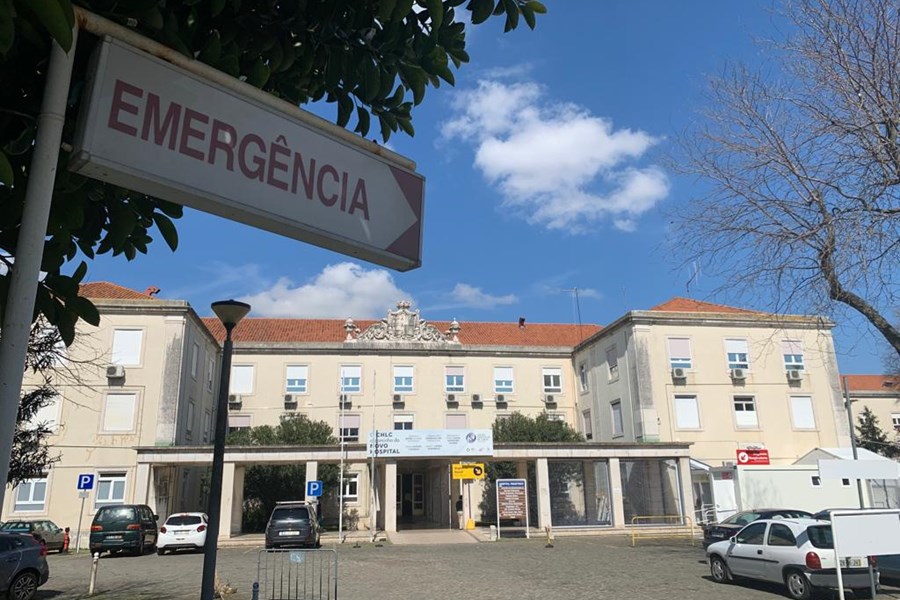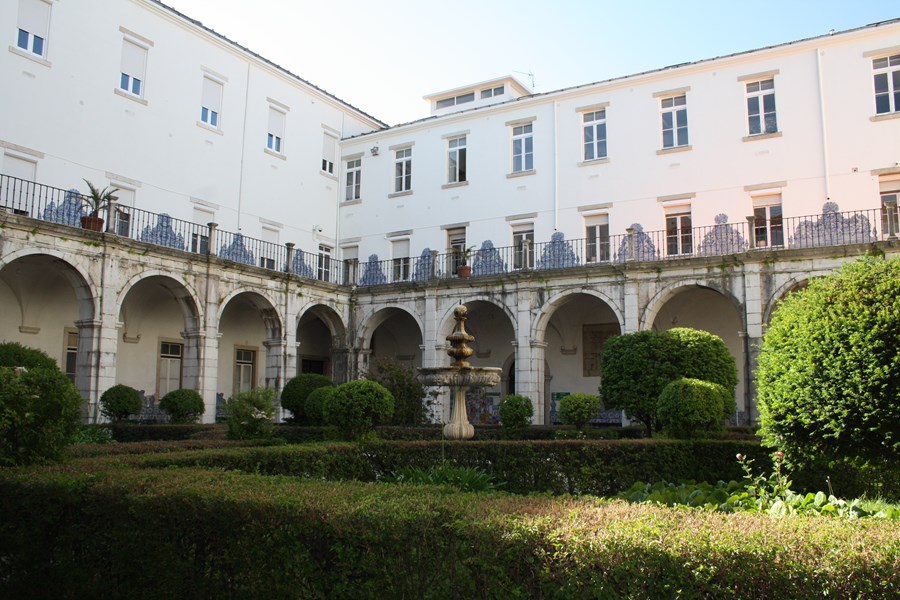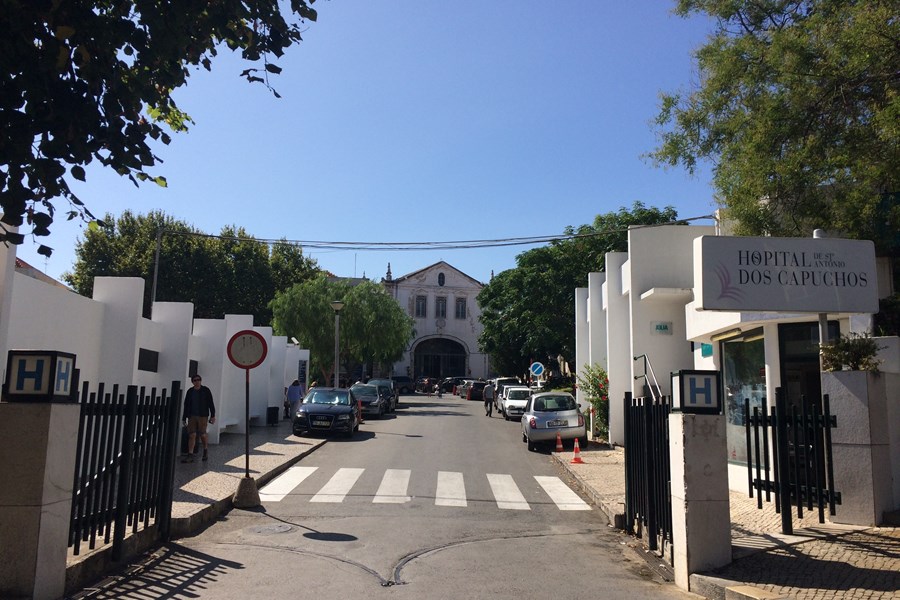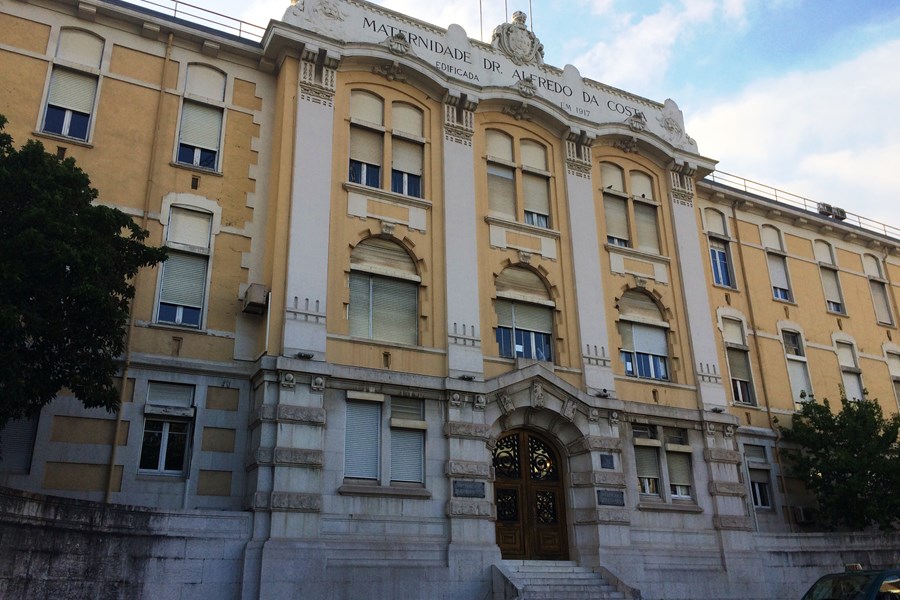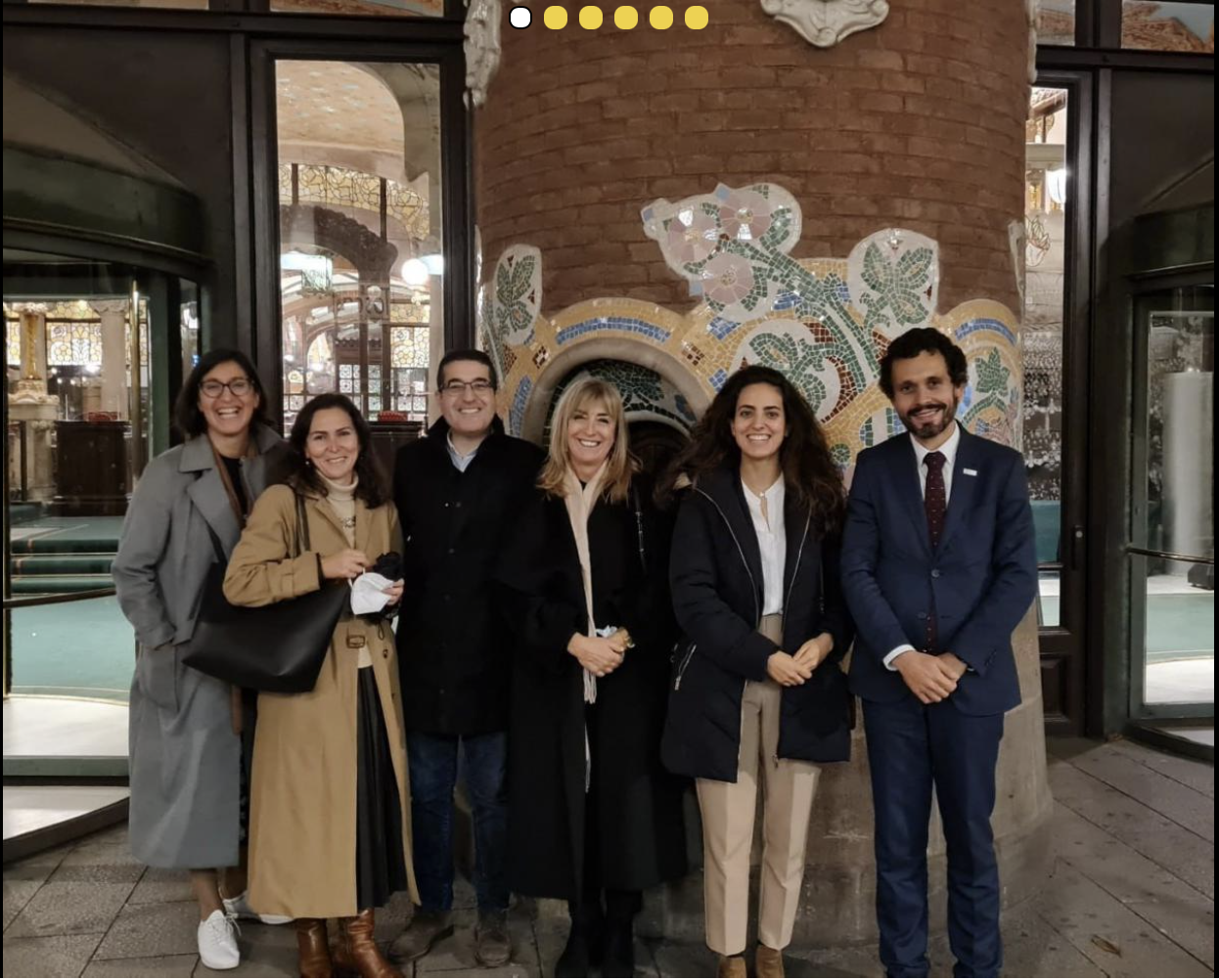The Central Lisbon University Hospital Centre (CHULC - Centro Hospitalar Universitário Lisboa Central, E.P.E.) is an integrated health unit comprising six hospitals located in Lisbon: São José Hospital, Curry Cabral Hospital, Santa Marta Hospital, Santo António dos Capuchos Hospital, Dona Estefânia Hospital and Alfredo da Costa Maternity Hospital.
CHULC´s mission is to provide differentiated health care in conjunction with the other healthcare units within the National Health Service (SNS). CHULC’s activities ensure care is tailored to the patient’s needs in line with best clinical practices and the most efficient use of available resources, and include research, teaching, prevention and continuity of care in accordance with the primacy of the patient.
CHULC currently has 17 Reference Centres recognised by the Ministry of Health in the areas of:
- Refractory Epilepsy,
- Paediatric Oncology,
- Cochlear Implants,
- Inherited Metabolic Diseases,
- Cystic Fibrosis,
- Lung Transplant,
- Structural Interventional Cardiology,
- Congenital Heart Diseases,
- Heart Transplant,
- ECMO,
- Pancreas Transplant,
- Liver Transplant,
- Kidney Transplant,
- Rectal Cancer,
- Hepatobiliary and Pancreatic Cancer,
- Interventional Neuroradiology for Neurovascular Disease,
- and Congenital Coagulopathies.
These reference centres provide differentiated care to patients with specific pathologies based on the latest technical and human resources available, ensuring accessibility, effectiveness, safety and excellence of care, in compliance with the highest ethical and scientific standards, and allowing postgraduate training and scientific research in their area of medicine.
With regards to clinical research, the Research Centre was created with the mission to foster high-quality research, in a sustained and organised way, in all hospitals within CHULC. Created in 2009, the Research Center provides support to all CHULC professionals who are involved in health research. It is widely recognised that research and innovation boost the fields of Medicine and Biology, Mental Health, Sociology, Teaching and Biomedical Innovation, improving quality of care for service users.



